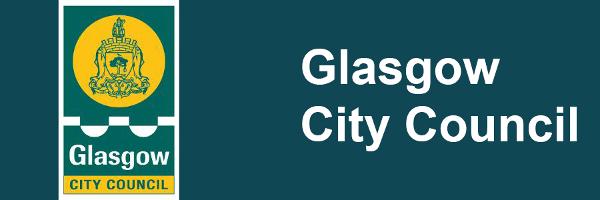Glasgow becomes first Scottish city to sign up to international pact to tackle food inequality
Published: 29 August 2019
The city joins other major international destinations such as New York, Beijing, Paris, Barcelona, Moscow and Toronto in committing to and adopting the principles of a framework to deal with food-related issues at an urban level.
The MUFPP is an international protocol and represents a global commitment from city leaders around the world to consider food as an effective way to enhance sustainable development and the overall well-being of its residents.
Following the council's food summit in May where Andrea Mollica, from the Mayor of Milan's International Relations Office and MUFPP co-ordinator, delivered a presentation, Glasgow has been invited to become the 200th city to join the MUFPP and the first Scottish city to sign up to the framework.
In being asked to join, Glasgow, has been recognised as a city with a vision, clear ambition and commitment to work in cross-sectoral partnership to integrate food into social, economic and environmental policy.
The work to develop a city food plan, our successful Children's Holiday Food Programme, support food pantries and create a food growing strategy are just some of the projects that follow the pact's principles.
The move has backing from the partners and stakeholders involved in the development of Glasgow's Food Strategy who agreed that there are synergies between our current and planned activities and the key points within the framework.
The main aim of the pact is to help cities and local governments to develop urban food systems that are sustainable, inclusive, resilient, safe and diverse. This will in turn provide healthy and affordable food to all people in a human rights based framework.
Signing the agreement will promote our existing local activity and future plans to a wider global audience and also provides an opportunity to learn from the approaches and plans of other major cities across the world.
Councillor Anna Richardson, city convener for sustainability and carbon reduction, said: "We held our food inquiry and summit to discover along with partners and stakeholders what's happening locally and find out the scale of the problem in our city. Solutions will come from within the city but also nationally and internationally.
"Joining the Milan Urban Food Policy Pact helps us to become engaged in a dynamic and robust process of knowledge sharing and advocacy on food issues with other prominent cities and on themes and challenges that are common to us all."
The key principles include;
· Working to develop sustainable food systems that are inclusive, resilient, safe and diverse to provide healthy and affordable food for all people, that reduce waste and conserve biodiversity while adapting to impacts of climate change;
· Encourage interdepartmental and cross-sector coordination to integrate urban food policy considerations into social, economic and environmental policies, programmes and initiatives;
· Engage all sectors within the food system (including neighbouring local authorities, technical and academic organisations, civil society, small-scale producers and the private sector) in the formulation, implementation and assessment of all food-related policies, programmes and initiatives;
· Review and amend existing urban policies, plans and regulations to encourage the establishment of equitable, resilient and sustainable food systems.
There are currently 4 UK cities already participating and these are Birmingham, Brighton and Hove, Bristol and London.
For more information http://www.milanurbanfoodpolicypact.org /
The Pact was originally developed in 2014 when 46 international cities worked together, under the guidance of a team of technical experts and strategists to develop the 37 recommendations that make up the MUFPP.




